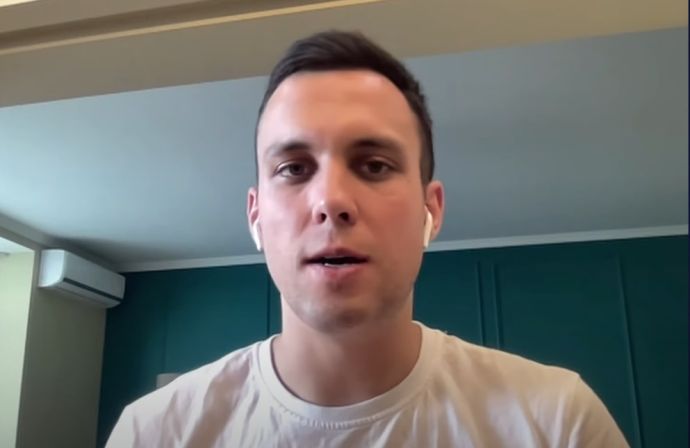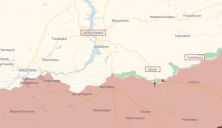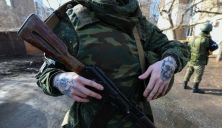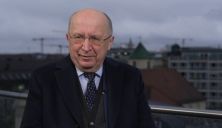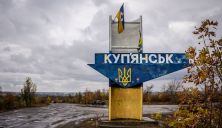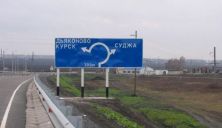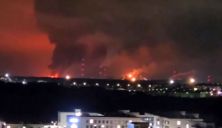With occupied land or without it Ukraine can join NATO, as ‘signs’ show. Learn what are these ‘signs’ and who are those who are showing them in our interview with political expert Maksym Dzhyhun.
— The Financial Times recently found some very important and specific signs—let me quote that for you—preliminary signs that U.S. President Joe Biden could give his consent to change the status of Ukraine’s application to NATO membership before leaving office. What are these signs?
— You know, I would start from that article in the Financial Times. From my point of view, it was quite depressing because most of the topics discussed there were not as Ukrainians see them, whether it’s the situation at the frontline or on the international stage. But the information about a potential shift in the Biden administration’s position is a good sign for us.
Interestingly, the Financial Times suggests that NATO, as a collective institution, only considers the position of the United States, which isn’t entirely true. We understand that America plays a major role in NATO, but many European countries also influence decisions regarding Ukraine and other nations. Still, the U.S. position is crucial in this context.
I’m not entirely sure what the exact signs are, but from my perspective. The key task for the Biden administration right now is not ending the war in Ukraine, but defeating Biden’s political opponent, Donald Trump. Any major change in rhetoric could risk Kamala Harris’s victory in the upcoming election. Therefore, in the near future, I don’t expect any major announcements or shifts. After the elections, President Biden might feel freer to make decisions that could help Ukraine on the battlefield.
I think Biden might consider inviting Ukraine to join NATO once the war ends, which could boost Ukraine’s confidence on the international stage and on the battlefield. This would show Putin that, despite his attempts to occupy more Ukrainian territory, he cannot take Ukraine as a whole, and he would have to deal with NATO, not just Ukraine.
— Is there any way to deter Russia’s creeping occupation of Ukraine? What would stop Putin from taking more territory, and what would Article 5 mean for us if Biden is ready to accept Ukraine with its currently occupied territories?
— That’s an important question. Another issue is NATO’s response to Russian actions. We’ve seen Russian rockets and drones land on NATO territory, like in Romania, but there has been no strong response from NATO countries or the alliance as a whole. Sure, they express dissatisfaction, but no concrete steps are taken to prevent further Russian attacks.
We’ve also seen Russian aircraft over Alaska, for instance. This shows that NATO countries may not be as confident in their power and ability to stop Putin as we expect.
My main concern is that if Ukraine joins NATO while parts of its territory are occupied, what would NATO’s reaction be if Russia launches rockets at Ukrainian cities still controlled by Kyiv? Given NATO’s current reaction to attacks on Romanian soil, there are legitimate doubts about their response. Many NATO leaders are likely afraid of this scenario, which could complicate Ukraine’s path to membership in the alliance.
— Yes, I agree with that. But here’s my main concern: if Ukraine joins NATO with occupied territories, how would that even happen? How would Ukrainians allow it? And if Russia breaks all agreements and pushes further, do you believe NATO would invoke Article 5, or would it be another situation like Alaska or Poland, where nothing significant happens?
— I’m not confident in NATO’s reaction, and I think this is one of the key challenges facing NATO leaders today. They may not have the courage or power to confront threats from authoritarian regimes like Russia and China.
That’s why I believe that Ukraine joining NATO without full territorial integrity is a possible scenario. But this raises another question: would joining NATO with occupied territories legitimize the occupation?
We’ve seen a similar situation with West Germany during the Cold War, but that context was very different. The threats from Russia today are far more serious than those faced in the late 20th century.
— Mark Rutte’s first visit as NATO Secretary General is to Ukraine. Is this just a symbolic gesture, or does it give us real hope that NATO will lift restrictions on long-range weapons and allow Ukraine to join?
— First, I’d say that Zelenskyy and Rutte have had a good relationship since Rutte was the Dutch Prime Minister, and they continue to have a strong rapport. Second, Rutte’s visit was important for him to show leadership in NATO. The NATO Secretary General is a key figure who sets the pace for changes within the alliance.
Rutte’s visit was a message that NATO remains committed to Ukraine, and that he personally believes Ukraine should be part of NATO.
During his visit, he even stated that Ukraine has the right to attack Russian military targets on Russian soil. This marks an important shift in NATO’s stance. I hope NATO leaders see this as an opportunity to allow Ukraine to use all available means in its defense. Right now, Ukraine seems to be fighting with one hand tied behind its back.
I also hope this shift will help President Biden to support Ukraine’s NATO membership—even without full territorial integrity—because ultimately, Ukraine needs to join NATO with all 24 of its regions, including Crimea.

